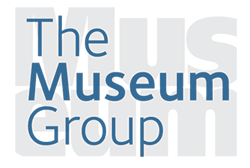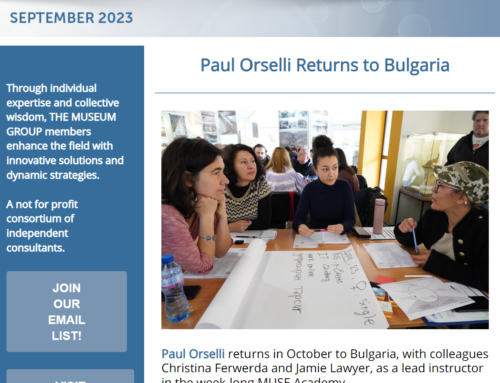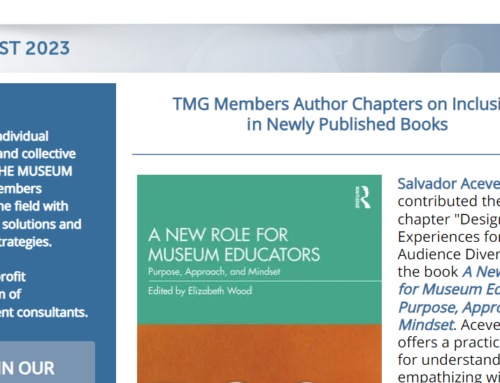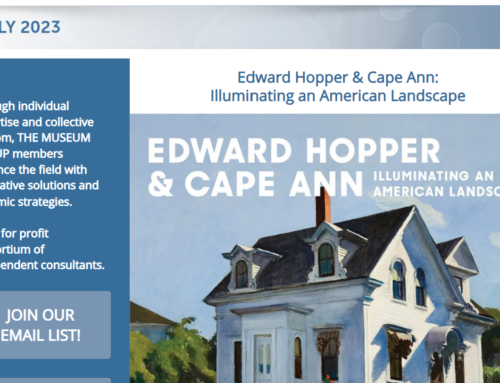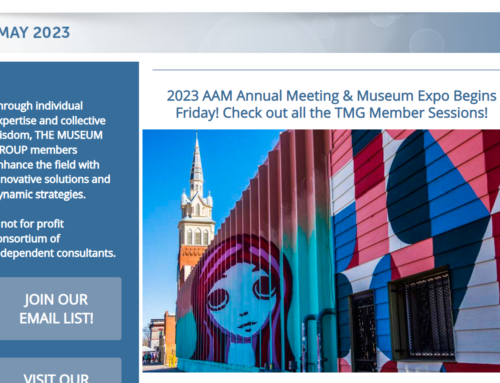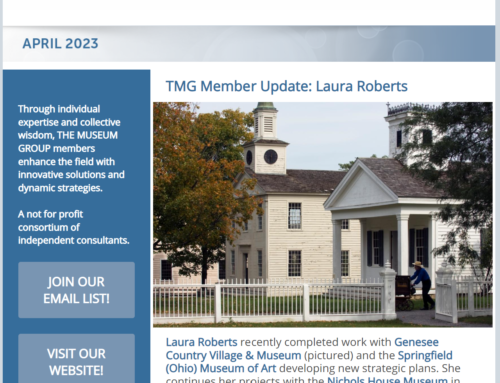David Ellis has been named Interim Executive Director of the Berkshire Museum in Pittsfield, MA, upon the retirement of their Director, Van Shields, and as the museum undertakes a national search for a successor. About his new assignment, David says:
I look forward to working with the Berkshire Museum at a difficult time and as they are looking for a new Executive Director. The Museum has a long distinguished history of serving Pittsfield and surrounding areas with exhibits in art, history/culture and science. After a long planning process, the Museum is looking forward with a new vision and interpretive plan that I find exciting. The people, board and staff, I have met are impressive.
Many TMG members have served as acting chief executives, senior managers, and project leaders, working with museums on an extended but temporary basis. From our collective experience, we understand the advantages.
When an institution seeks new executive leadership, an acting directorship by a seasoned professional brings immense strategic benefits. An interim leader does more than maintain smooth daily operations, they enhance the institution’s momentum, guide the institution to optimize those characteristics that will make it attractive to potential candidates, and work through challenges that might impede the search. Their expertise can be focused on any number of needs, from organizational assessment to financial reviews, internal and external communications, board relationships, identifying leadership needs and supporting the search process, instituting best practices, and tapping into a vast network of experts for assistance. They minimize time lost in transition, reduce anxiety, and afford the institution time to conduct a thoughtful search for a settled director. Without concern for keeping their jobs, interim leaders can often resolve thorny problems that would expend the valuable political capital of a new director, slowing a new leader’s progress and eroding goodwill early in their tenure.
Our members have some tips for a museum to strategically engage with an interim and prepare for a new leader are:
· Create a timetable for identifying new leadership
· Set a realistic budget for the interim leader’s time and other expenses
· Agree to a scope of authority
· Agree on priorities that will leverage the interim’s time and expertise
· Clearly communicate the interim’s role and authority to the staff
· Closely collaborate with the board and staff, who carry invaluable institutional knowledge
· Ensure the institution is open to change and new ways of working
· Identify a small group of advisors, key informants, and internal advocates
· Be cognizant of, and sensitive to, the hardship of transition on staff
